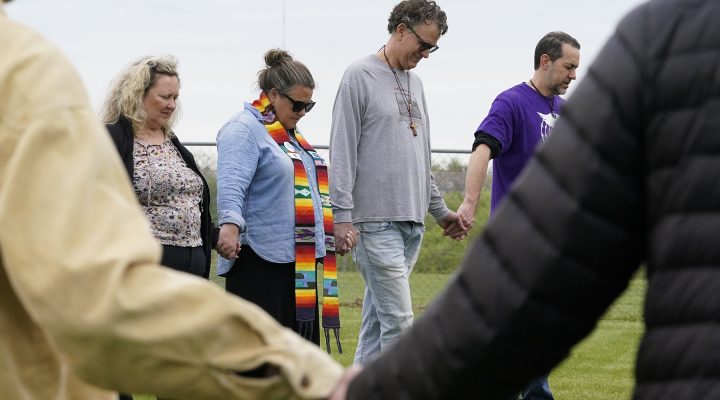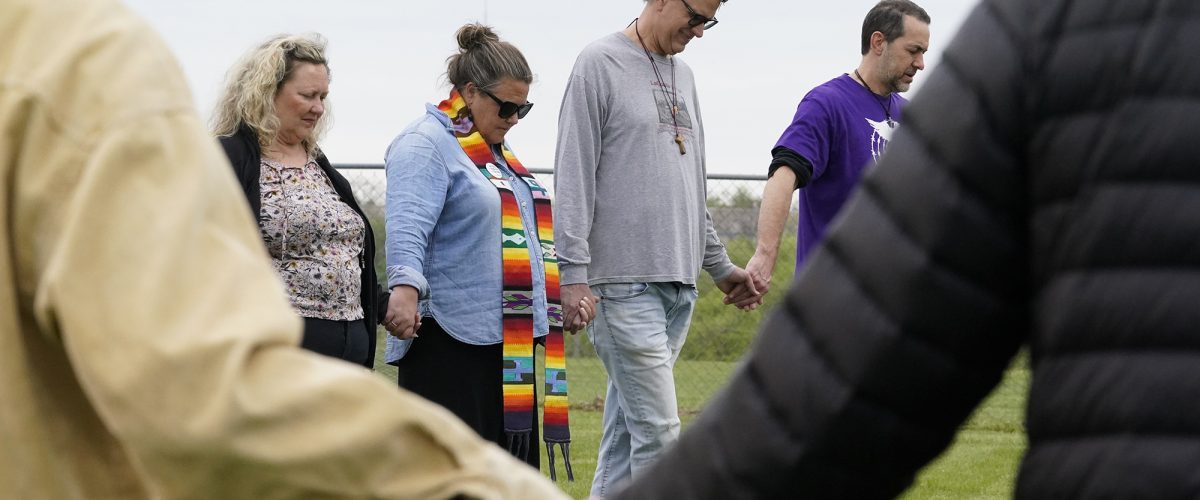Death penalty abolitionists are turning to organized prayer in the national movement to end state and federal capital punishment.
The approach began with a virtual gathering of faith and social justice leaders May 4 — the National Day of Prayer — designed to lift up the victims of capital punishment and inspire opposition at the local, state and national levels. Another event is planned for World Day Against the Death Penalty Oct. 10.

Joia Erin Thornton
“This space is purposed for power, for peace and for prayer. Today a group of friends working to end the death penalty on a state and federal level decided to gather and rely upon our faith traditions to bring attention to the cases, faces and system of capital punishment,” said Joia Erin Thornton, national policy strategist for the Southern Center for Human Rights and director of the Faith Leaders of Color Coalition.
Capital punishment in the U.S. is haphazardly and unfairly applied and often depends on the economic status and race of the accused. And innocent people are often victimized by the system, Thornton said.
“The death penalty definitely is a waste of taxpayer funds and has no place in our country because it does not deter crime,” she added. “Since 1973, more than 180 (innocent) people have been released from Death Row in 26 states.”
The system is so evil and entrenched that faith cannot be left out of efforts to bring about its demise, she said. “Our goal tonight is to have Christian faith leaders, both lay and clergy, gather to pray against the death penalty, for its alternatives, and to connect with each other and to share resources for their platforms and churches related to death penalty work.”
Prayers were organized into those for victims’ families, for the accused and convicted, and petitions for the end of state and federal death penalty systems.
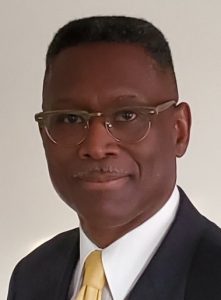
Jack Sullivan
Abolition work must include a determination to “project the viable Christian faith orientation and moral conviction that all life is precious and sacred, and that no person is disposable, not even the people who have heard us and endangered us the most,” said Jack Sullivan, executive director of the Ohio Council of Churches.
An ordained minister in the Christian Church (Disciples of Christ), Sullivan added a plea for “a vision of a future where executions are extinct, state-sponsored death is defunded and the capital redirected toward the restoration of lives, of families, shattered by the murder of loved ones and aimed at the healing of communities made fearful by gun violence.”
Advocates must continue to expand opposition to the federal death penalty system, said Demetrius Minor, national manager of Conservatives Concerned About the Death Penalty, a project of Equal Justice USA.
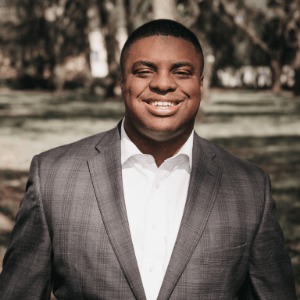
Demetrius Minor
“I want to remind everyone on this call that President Biden campaigned on repealing the federal death penalty,” he said. “And this is something we are hopeful is a promise he will keep — not just as a campaign promise, but as a moral obligation to the citizens of this country.”
The president has a majority of Americans on his side should he keep that promise, Minor added. “The support for the federal death penalty is waning. More people are becoming skeptical of it. More people are becoming concerned about it. And that’s the reason why there is a lot of not just prayer, but a lot of pressure on the president to keep this campaign promise — because Americans are looking at capital punishment as something that should be a thing of the past.”
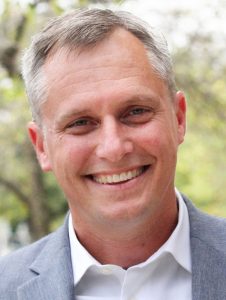
David Swanson
In his prayer calling for the end of federal capital punishment, David Swanson, pastor of New Community Covenant Church in Chicago, recalled that while God demands justice, “our judicial system tilts away from true justice. We’ve convinced ourselves that vengeance is the best we can offer. We’ve shrugged off the limits of our humanity, bestowing on ourselves the power to decide who is worthy of life and who is not. But Jesus shows us again and again that true justice cannot be separated from compassion and mercy.”
Swanson also asked that Americans embrace a mercy-filled understanding of justice: “Give to us, we pray, a more expansive and generous vision of justice, one that is restorative, first to those who’ve suffered violence and then to those who’ve inflicted it. Grant us a vision for our common life which does not depend on the killing of any of our neighbors.”
Sam Heath, manager of EJUSA’s Evangelical Network, added there is hope in the fact that 23 U.S. states have abolished the death penalty, leaving 27 that continue to use it.
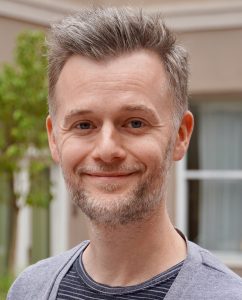
Sam Heath
But there also are many other troubling signs, he added. “Eight out of 10 lynchings occurred within Southern states and now eight out of 10 executions are in the South, as well. And over 85% of executions in the last half decade or so have occurred within what we would call the Bible Belt.”
Florida’s May 3 execution of Darryl Barwick and the scheduled execution of Richard Glossip in Oklahoma on May 18 only confirm the disturbing status of American attitudes and values around justice, Heath said. “It’s noteworthy and it’s lamentable that within this country we seem to care more for the martyred and persecuted abroad than we do for the other and the lynched and the executed here at home, and my prayer is that we can expand our advocacy and hope toward all of those things and to work and pray together for change.”
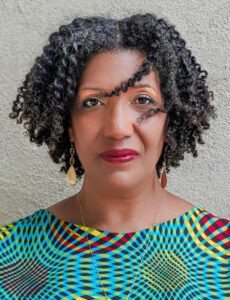
Lisa Sharon Harper (Photo © Joy Guion Bailey)
Author, speaker and activist Lisa Sharon Harper followed with a prayer asking for a change of heart for the nation: “God, we call on you to move mightily in the 27 states that still ascribe to the death penalty and still have it on the books. We ask you to turn us from a culture of violence and retribution to a culture of repair and restoration.”

Cece Jones-Davis
Cece Jones-Davis, leader of the Justice for Julius anti-death penalty campaign in Oklahoma, said numerous surveys are finding many Americans have turned against state-sanctioned executions.
“In Oklahoma, for example, a recent poll indicates the majority of Oklahomans now favor alternatives to the death penalty. … I believe God is moving among them. Christians are reevaluating our stances on social issues like the death penalty in light of our beliefs about who Jesus Christ is and our convictions about justice, fairness, and peace building.”
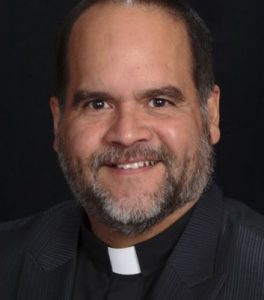
Carlos Malave
Carlos Malave, executive director of Christian Churches Together in the USA, responded with a prayer that American attitudes continue to turn against capital punishment.
“We are confused because we choose life sometimes and allow death to reign at other times,” he said. “We pray for this country so that (Americans) may open their ears, open their eyes, and open their hearts to the influence of your Holy Spirit.”
Related articles:
He was wrongly put on Death Row and believes you could be too
Her ‘Damascus Road’ led to campaign against the death penalty
How I came to oppose the death penalty | Opinion by Stephen Reeves

